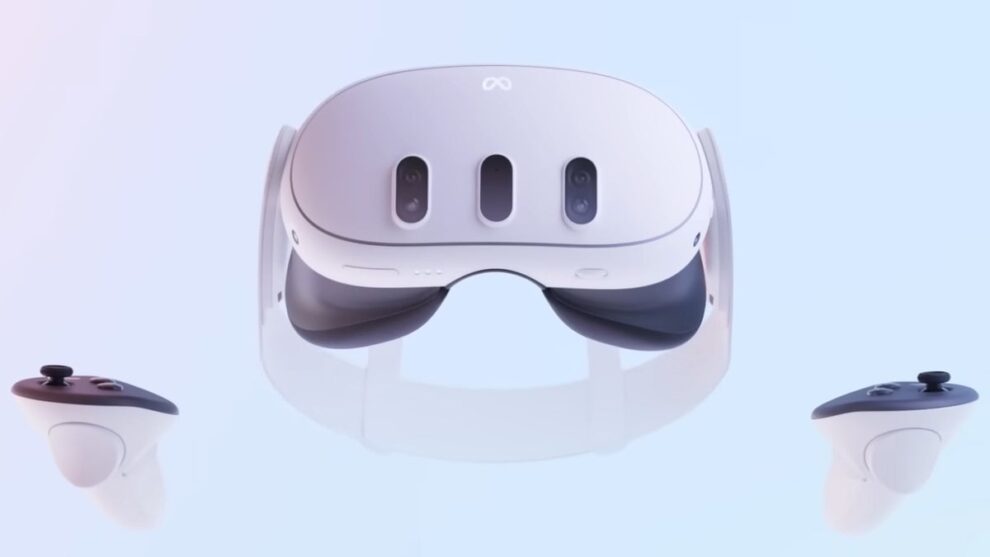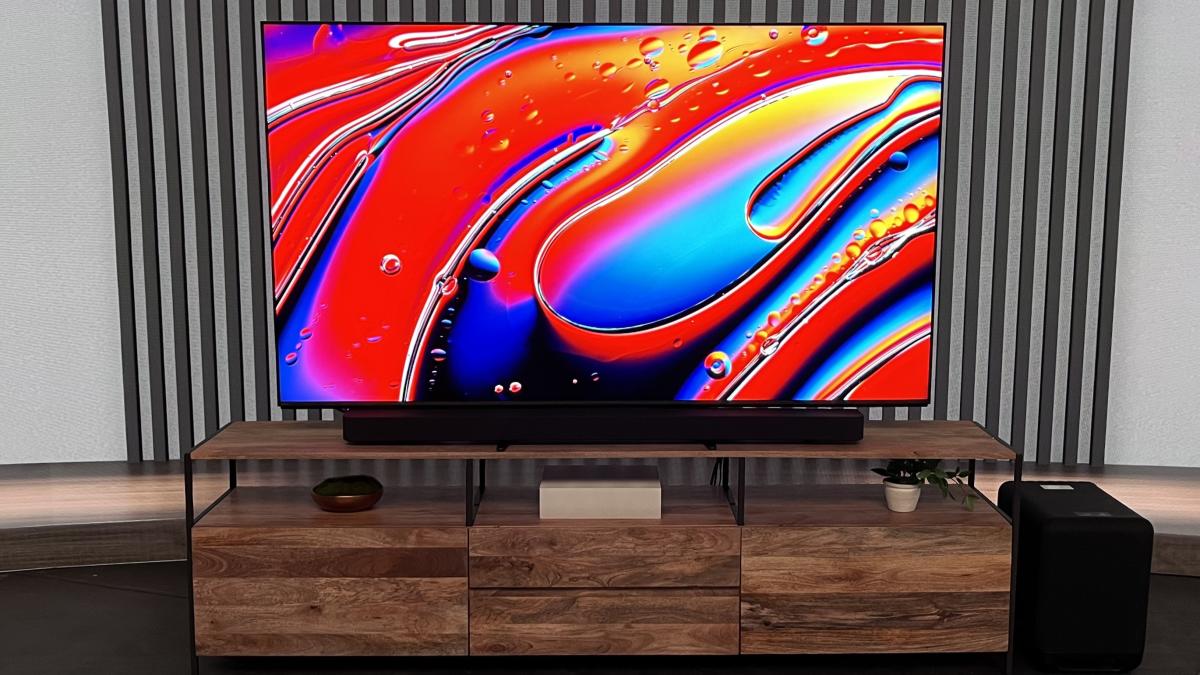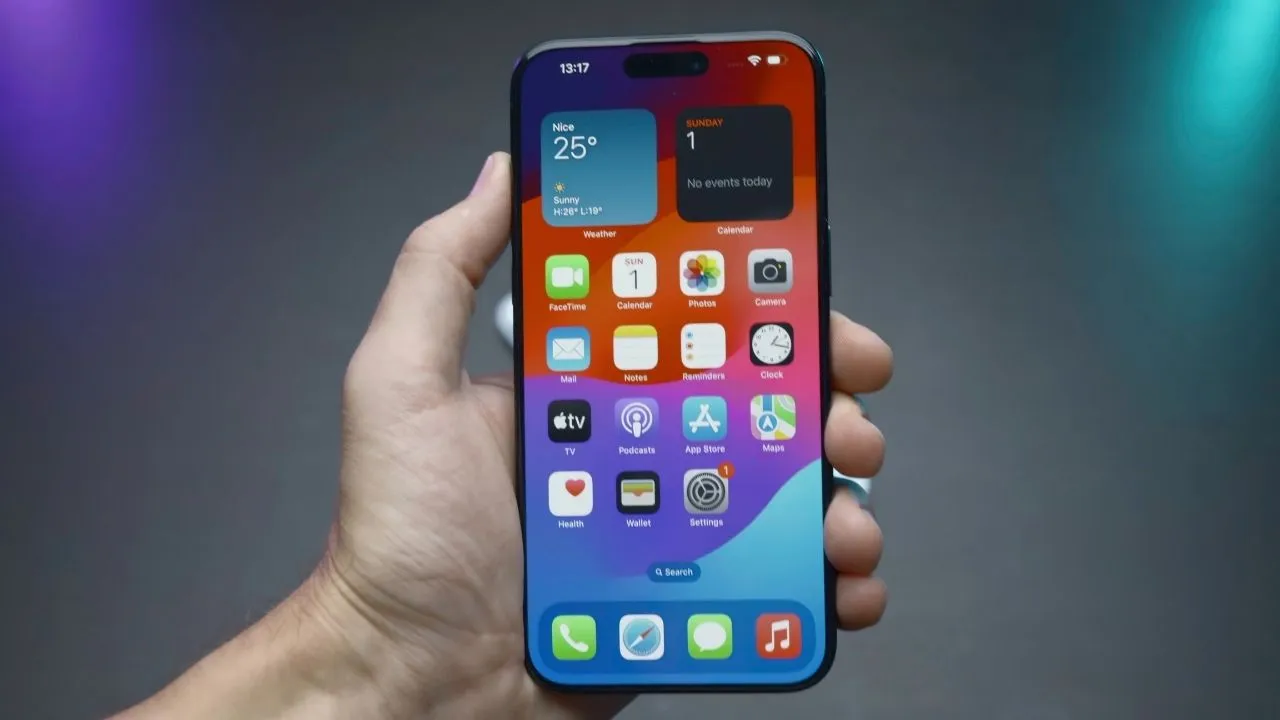In a strategic move to further solidify its dominance in the virtual and augmented reality space, Meta, formerly Facebook, has recently unveiled two groundbreaking devices. The first is the much-anticipated Quest 3S, a more affordable iteration of its popular VR headset. The second is a tantalizing prototype of its Orion augmented reality glasses, offering a glimpse into a future where digital elements seamlessly blend with our physical world.
The Quest 3S: Democratizing VR Experiences
Launched at Meta Connect 2024, the Quest 3S is poised to become a game-changer in the VR market. Priced at an attractive $299, it dramatically lowers the barrier of entry for those eager to experience immersive virtual worlds. Set to hit shelves on October 15, the headset boasts a suite of impressive features that build upon the capabilities of its predecessor, the Quest 3.
Key Highlights:
- Full-Color Passthrough: Experience a seamless blend of the real and virtual worlds, enabling captivating mixed reality applications and games.
- Enhanced Performance: A more powerful processor delivers smoother visuals and more responsive interactions.
- Improved Ergonomics: A lightweight design and refined head strap ensure greater comfort during extended use.
- Backward Compatibility: Enjoy access to the vast library of Quest 2 and Quest 3 content.
Orion AR Glasses: A Glimpse into the Future
Although not yet available for consumer purchase, the Orion AR glasses prototype has generated significant buzz. This “polished prototype” showcases Meta’s vision for the future of augmented reality, where holographic projections can enhance our everyday lives.
Key Features:
- Holographic Projections: View digital content as if it were part of your physical surroundings.
- Natural Interaction: Control the interface using intuitive gestures and eye movements.
- Silicon Carbide Lenses: Maintain clear vision even when not actively using AR features.
- Wristband and Puck: Accompanying accessories enable precise control and interaction.
Meta’s Ambitious Vision
With the launch of the Quest 3S and the unveiling of the Orion prototype, Meta has sent a clear message: it is committed to driving the adoption of virtual and augmented reality technologies. By offering a more affordable VR headset and showcasing the potential of holographic AR, Meta is paving the way for a future where these technologies become an integral part of our daily lives.
Detailed Analysis
Quest 3S: A Strategic Move
The release of the Quest 3S at a significantly lower price point than its predecessor demonstrates Meta’s desire to expand its user base and make VR more accessible to the masses. This strategic move could potentially attract new customers who were previously deterred by the higher cost of VR headsets.
Orion: A Glimpse into the Future
The Orion prototype is a testament to Meta’s ambition to push the boundaries of augmented reality. While still in its early stages, the device offers a tantalizing glimpse into a future where holographic projections seamlessly blend with our physical surroundings. This technology could revolutionize various industries, from education and healthcare to entertainment and retail.
Potential Challenges
Despite the excitement surrounding these new devices, Meta faces several challenges. The Orion AR glasses, in particular, require significant technological advancements to achieve mass market appeal. Concerns about privacy, social implications, and potential health effects also need to be addressed.
Market Impact
The introduction of the Quest 3S and the Orion prototype is likely to have a profound impact on the VR and AR markets. The lower price point of the Quest 3S could stimulate demand and increase competition among VR headset manufacturers. The Orion prototype, meanwhile, could spur innovation and investment in the AR space.
As someone who has been following the VR and AR industry closely, I am incredibly excited about the potential of these new devices. The Quest 3S represents a significant step towards making VR more accessible, while the Orion prototype offers a glimpse into a truly futuristic AR experience. While there are still challenges to overcome, Meta’s latest offerings demonstrate its commitment to driving the adoption of these transformative technologies.
Additional Insights from Web Content
- The Quest 3S has been positioned as a “full computer” that could potentially compete with Apple’s Vision Pro headset.
- Meta AI will play a crucial role in enhancing the user experience across its VR and AR devices.
- Meta’s vision for the future extends beyond gaming and entertainment, with potential applications in various fields, including education, healthcare, and communication.
Community Reactions
- On Reddit and Quora, many users are expressing excitement about the Quest 3S’s affordability and its potential to expand the VR market.
- The Orion prototype has sparked discussions about the future of AR and its potential impact on our daily lives.
- Concerns have been raised about privacy and the potential for AR to blur the lines between the real and virtual worlds.









Add Comment